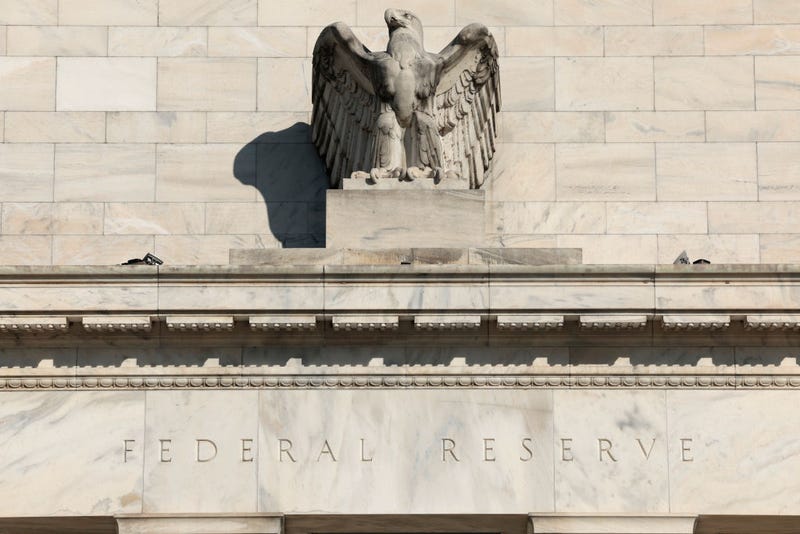
New rules announced Friday prevent members of The Federal Reserve System – the central bank of the U.S. – from trading stocks, bonds and cryptocurrency.
“The Federal Open Market Committee on Friday announced that it unanimously formally adopted comprehensive new rules for the investment and trading activity of senior officials,” said a press release from The Fed. “The rules, which were first announced in October 2021, aim to support public confidence in the impartiality and integrity of the Committee's work by guarding against even the appearance of any conflict of interest.”
Officials are prohibited from: purchasing individual stocks or sector funds; holding investments in individual bonds, agency securities, cryptocurrencies, commodities, or foreign currencies; entering into derivatives contracts; and engaging in short sales or purchasing securities on margin among other regulations.
According to CNBC, the ban on cryptocurrencies was not included in the original October announcement.
“The prominence of crypto advertisements during the Super Bowl highlighted the growing engagement of retail investors in the crypto ecosystem,” said Federal Reserve System Governor Lael Brainerd Friday regarding the central bank’s research into digital assets.
The Fed was established by Congress in 1913. Its main functions are to: conduct the nation’s monetary policy by influencing money and credit conditions in the economy, supervise and regulate banks and other important financial institutions, maintain the stability of the financial system and to provide certain financial services to the U.S. government and other institutions. Stated goals of The Fed are promotion of consumer protection, full employment, stable prices and safe banking.
However, disclosures from last year revealed that several senior Fed officials had been trading individual stocks and stock funds just before the central bank adopted sweeping measures aimed at boosting the economy in the early days of the COVID-19 spread, said CNBC. Regional presidents Eric Rosengren and Robert Kaplan left their positions following the controversy, according to the outlet.
In the aftermath, the central bank announced the new regulations. Now that the rules have been formally adopted, restrictions are expected to take effect May 1. Current officials who hold market positions have 12 months to shed prohibited positions and new officials will have six months.
All 12 Federal Open Market Committee members, as well as regional bank presidents, staff officers, bond desk managers and Fed employees who regularly attend board meetings will be subject to the regulations, in addition to their spouses and minor children.
“The Federal Reserve expects that additional staff will become subject to all or parts of these rules after the completion of further review and analysis,” said the press release.
Congress has been debating a measure that also will restrict its members from owning individual stocks, CNBC reported.


